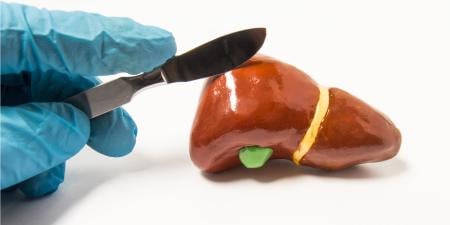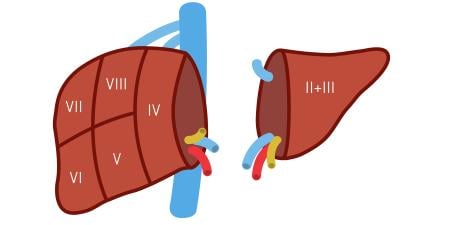The American Society of Transplant Surgeons (ASTS) is committed to excellence in health care, teaching, and research. In keeping with its mission, the leadership of ASTS developed an educational program for fellows and residents to ensure that the foundation of learning and discovery strengthen the individual and the society and that transplantation continues to improve the lives of patients.
Ever-changing attitudes and economies that revolve around a life-saving resource such as a gift organ have led the ASTS to promote ethical norms to afford the best possible outcomes for patients. Transplant programs and surgeons attempt to provide benefit, protect autonomy, ensure as much safety as possible, and strike a balance between equity and utility. Though there is no perfect way of distributing a scarce resource, we have to assure patients, regulators, hospital leadership, payors, and our transplant teams that we are managing this process as well as possible.
There is a networked monitoring of transplant practice ethics by many, including the Institute of Medicine, the United Network for Organ Sharing (UNOS), the Centers for Medicare and Medicaid Services, and the federal Health Resource and Services Administration to assure the best possible outcomes based on probabilities established through extensive analysis of a robust, yet imperfect, large national database maintained by UNOS. The programs are reviewed, audited, and required to comply with policies and guidelines that are specific to each organ system. The Centers for Medicare and Medicaid Services perform independent audits to see that we meet the standards in the federal register. All this indicates a widespread acknowledgment that the ethics of transplantation is complex, requiring much thought and oversight.
Online Educational Resources
With this in mind, the fellowship training committee of the ASTS has developed a series of web-based educational modules for members and fellows presented by transplant surgeon teachers that covers some of the ethical issues relevant to transplant care and discoveries in the field. (Tools for medical students are in progress.) Module topics include biomedical ethics in general, the allocation of deceased-donor organs and access to care, and living donors.
Each module has several sessions. The module on the allocation of deceased-donor organs, for example, has five parts: two sessions on the ethics of allocation and access, one on the ethical implications of (opt-out) legislation that would presume consent for organ procurement, one on donation after brain death or circulatory arrest, and one outlining the challenges of balancing equity and utility in distributing a scarce resource.
The ethics module gives background in biomedical ethics, then progresses to requirements for ethical practice and describes various opposing opinions regarding controversial issues. For example, are we paternalistic in our approach to living-donor autonomy, and is it coercive to require donors to agree to prolonged follow-up after donation for the purposes of tracking outcomes over the long term? This might be an inconvenience to the donor, and one might conclude that research is being carried out that does not follow guidelines mandated by the Office of Human Research Protection. This is a public policy debate that has significant ethical implications.
Many other ethical concerns are touched upon. Should we pay donors as an incentive to donate? At what point does innovation in surgery cease to be “experimental” and become the standard of care? Are patients and donors truly informed? Are we following ethical norms when younger patients are not given priority over older patients in allocation of a scarce resource? Is there an ethical way to discriminate? Is a donor who has been determined to be irreversibly dead on the basis of circulatory arrest really dead if the heart can be resuscitated and then used for transplantation? The list of questions seems never-ending.
Each module contains a text summary, a recommended-reading list, a self-assessment tool, and a feedback mechanism. Because the primary purpose of these learning modules is to help fellows attain mastery in transplantation surgery, no CME credit is given.
Group Discussions
An additional feature that the society offers and strongly recommends is a yearly forum for second-year fellows. Here many challenging ethical cases are presented by surgery faculty from the society, and the fellows are given an opportunity to participate in group discussion of these cases in an interactive manner with leaders in the field of transplantation.
The ASTS also holds forums at major national and international meetings of transplantation societies to discuss issues of importance, such as the “Declaration of Istanbul” regarding trafficking of organs, the use of prisoners as donors in China, incentives for donors to come forward to donate, and the protection of donors’ autonomy.
Conclusion
ASTS aims to serve both those entering the field and those who would like to participate in a more robust discussion of the issues. The presentations, reading lists, and self-assessment opportunities are useful as a starting point, and face-to-face meetings provide an opportunity to delve deeply into the issues with other transplant professionals. The society’s efforts in ethics education are ongoing and evolving. The society is open to engaging in other venues with other organizations to increase the depth of discourse and to engender careful, thoughtful consideration of the ethical procurement and distribution of scarce and vital resources.



